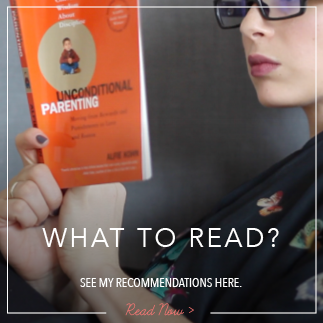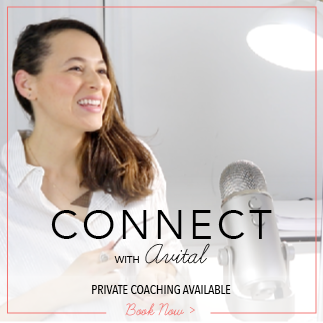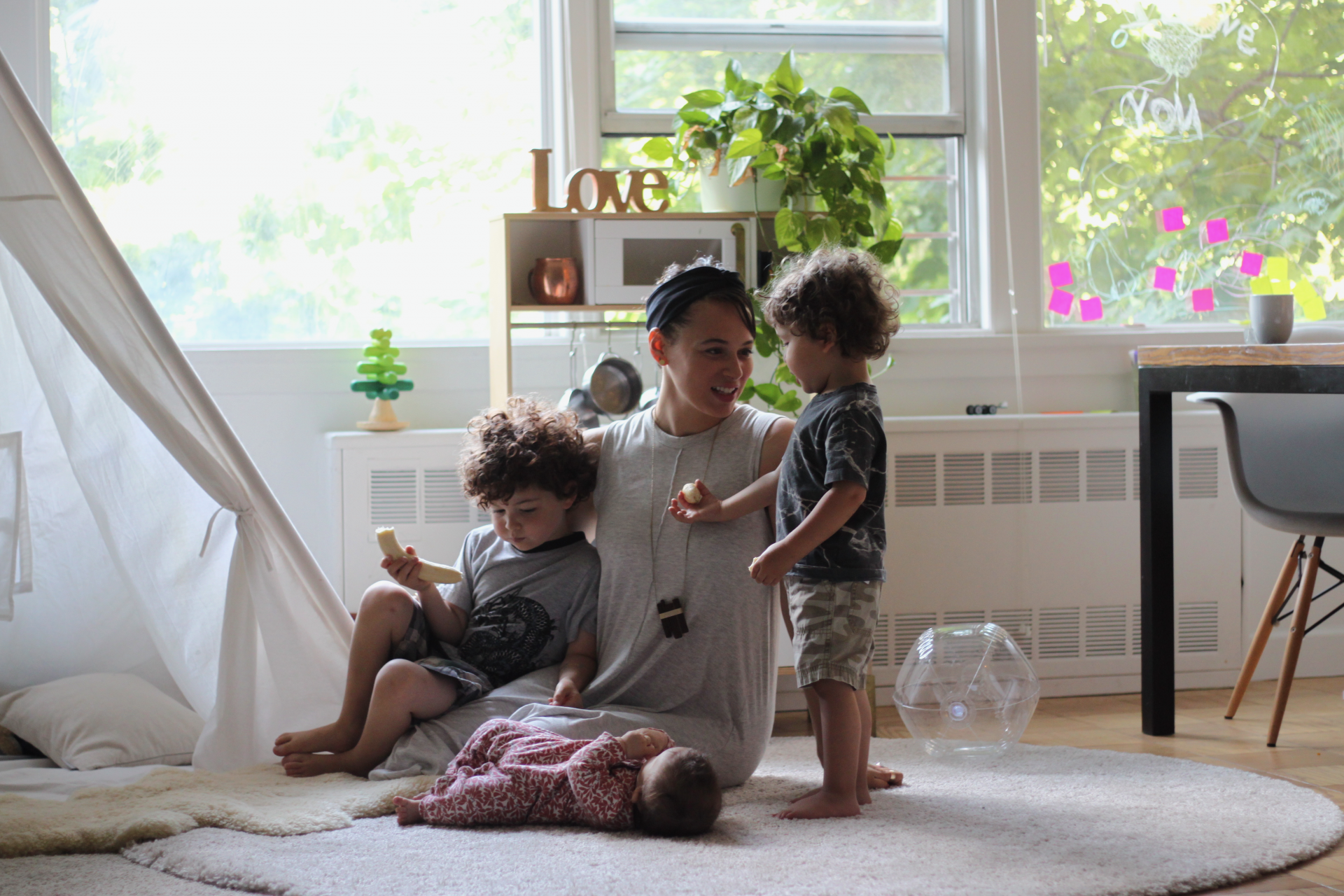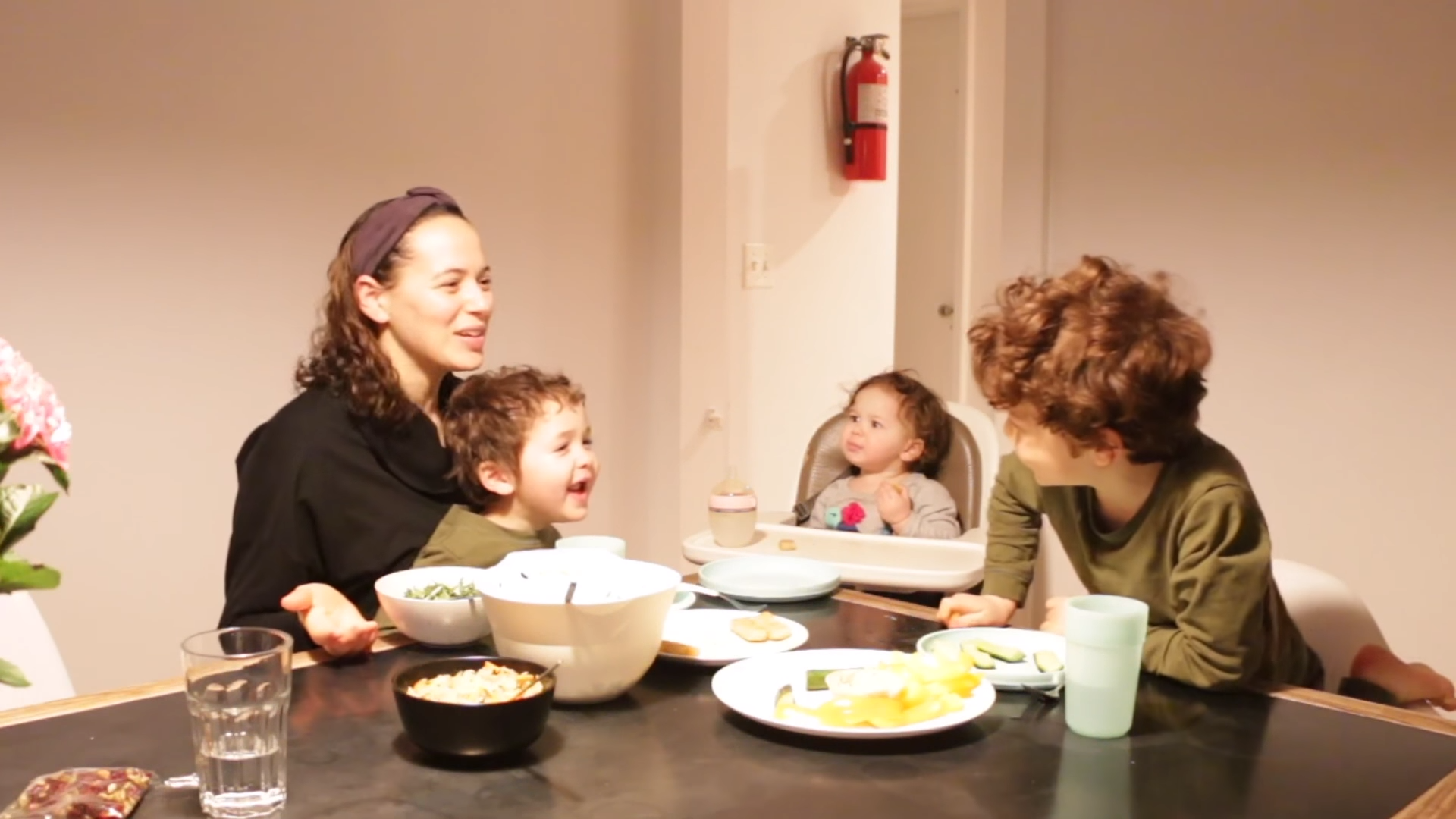Why Happiness is Not My Goal
What is your goal for your children?
Most parents answer? (I think!): Happiness!
Don’t get me wrong, I want my kids to be happy as much as the next parent. And I want a happy life for myself, too.
But I think fixating on happiness as an end goal is not only misguided, it’s also counterproductive.
I’d like to argue that focusing on a child’s happiness can paradoxically lead to an unhappy life, or, to put it more simply:
- If we want our children to be happy, we must stop fixating on their happiness.
One of the challenges in broaching a topic such as this is that there are different definitions of happiness. When I say stop fixating on happiness, I mean stop fixating on experiences of the world as feel good, smiley, fun, entertaining, enjoyable and pleasurable. All these are wonderful, I love fun! But the fixation on giving children “fun only” childhoods, or evaluating an experience per the fun “quota” is doing us, and them, a disservice.
Wisdom teachings, mindfulness and modern psychology all seem to agree on one thing: Feelings pass. Happiness, sadness, frustration and anger are all and always temporary. When you create a home culture that sanctifies happiness and vilifies other (“negative”) feelings, we necessarily send the message to our children that they’re only OK, and that their lives are only meaningful when they have “good vibes”.
Focusing on their happiness teaches them that sadness or anger are dangerous feelings that should be shut down or escaped, because you’re supposed to be “happy!”. In fact, the opposite is true… difficult feelings need to be felt, processed, and respected as important indicators and lessons. Difficult feelings are safe. Our relationships and deeper sense of joy and safety in the world needn’t be undermined by some negative emotions.
- Feelings are transient. A deeper sense of joy and meaning is lasting.
When children receive the message that being happy, putting on a smile or chasing the fun is what’s important in life, they can become fragile. They can feel overwhelmed or ill equipped to deal with life’s inevitable ups and downs, pleasure and pain.
- Focusing on happiness makes for fragility.
Focusing on happiness is often linked with focusing on pleasure. We think that pleasure = happiness. Yummy food or treats, gifts, fun experiences, nice weather, easy friendships and high grades… these make us happy. But what of those experiences that don’t lead directly to momentary pleasure? What of those that are about a deeper sense of meaning and joy such as giving, working hard, and overcoming frustrations, working through big feelings, and upholding our responsibilities?
Focusing on pleasurable, happy feelings teaches kids that they should avoid actions and activities, friendships, and endeavors that don’t have a “feel good” quality. Don’t visit that old man in hospital, he may die and you’ll be sad. Don’t get up on stage if you’re afraid, you may be humiliated and feel embarrassed.
- Focusing on happiness is easily confused with focusing on pleasure and material gains, prestige and achievement.
And finally, focusing on an individual’s fun and happiness can sometimes teach them that this is paramount, the most important goal, even at the expense of others. It teaches them that their experience trumps others, that their feelings are more important than how they make other’s feel.
- Focusing on happiness can make for self absorption.
I believe that a happy, feel good vibe is a great byproduct of a meaningful life.
Focusing on happiness makes for self absorption. Focusing on gratitude, on what we can give to others and on overcoming challenges and set backs seems a much surer route to happiness itself – the deeper happiness that I usually refer to as joy.
Happiness actually seems to be obtained more reliably by detaching so much energy and meaning from our fluctuating feelings. From enjoying the pleasures of life without grasping onto them, and riding the waves of pain with grace and acceptance. And from sitting deeply in the seat of our consciousness, tapping into our gratitude, curiosity, wonder and awe. From giving, helping and contributing. From creating meaning in our lives.
Actionable Steps
- When your child is unhappy, explore it with them with curiosity, don’t rush to get them back to happy. Learn to accept big, bad feelings and to see all feelings as transient. “It’s OK to be mad. The feeling will pass. Let’s figure out what it’s here to tell you.”, “You’re feeling sad right now, I know that doesn’t feel good. We all feel sad sometimes.”, “Yes, I can understand why you’re afraid, that makes sense. Want to talk about it more?”…
- Instead of always asking “did you have fun?” Or “what was your favorite thing?” Think about asking “Did you help someone?”, “Did you learn something?”, “Did you try hard?”, “What was the hardest part?”
Discuss the differences between happiness and pleasure, between joy and fun. When your child wants something to make them happy (an ice cream, a new barbie, a phone) discuss with them how material goods affect us. Yes – they give us a temporary high, sure, it is fun to get something new. But is it lasting happiness? How did we feel a week later about that gift? How about the feeling after we volunteered at our church? Or the feeling of stroking the dog? Or the feeling of hiking up the mountain?
There are no right answers, but becoming aware of the differences is the point.
Do you find yourself fixating on your child’s happiness? What are your thoughts?










0 comments